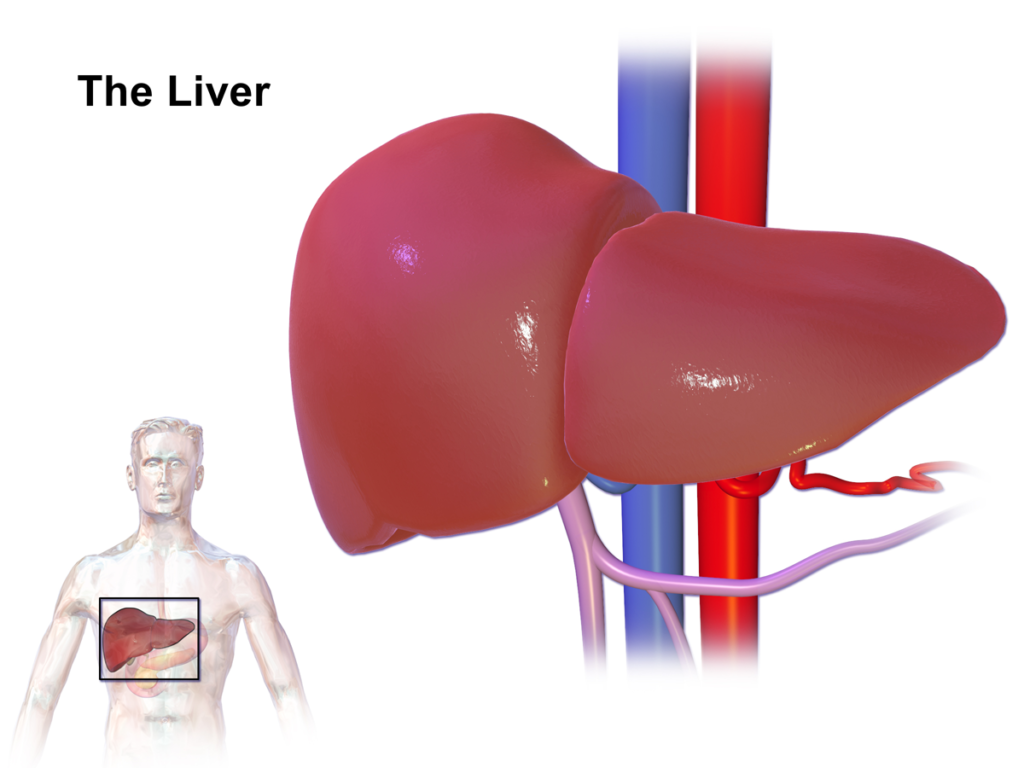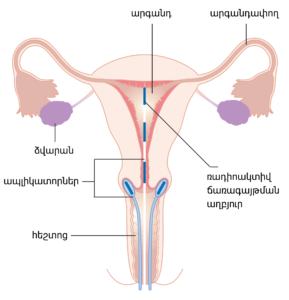Liver Function Test: Understanding Your Liver Health – The liver function test is a diagnostic procedure used to assess the health and functionality of the liver. It encompasses various blood tests that measure enzymes, proteins, and other substances produced or excreted by the liver. These tests provide valuable insights into the liver’s condition and help in diagnosing liver diseases and disorders.
Importance of Liver Function Test

The liver plays a crucial role in metabolizing nutrients, detoxifying harmful substances, and producing essential proteins. Therefore, monitoring its function is vital for detecting liver diseases early and preventing complications. Liver function tests aid in identifying abnormalities in liver enzymes and proteins, indicating potential liver damage or dysfunction.
Common Liver Function Tests
- Alanine Aminotransferase (ALT): Elevated levels may indicate liver damage, particularly from conditions like hepatitis or fatty liver disease.
- Aspartate Aminotransferase (AST): Increased levels are associated with liver damage, but AST is also found in other organs like the heart and muscles.
- Alkaline Phosphatase (ALP): Elevated ALP levels may indicate liver or bone disorders.
- Bilirubin: High levels of bilirubin may suggest liver disease or obstruction of bile ducts.
Preparation for a Liver Function Test
Before undergoing a liver function test, individuals may be advised to fast for a certain period and avoid certain medications or alcohol consumption. It’s essential to follow the healthcare provider’s instructions to ensure accurate results.
Procedure of Liver Function Test
During the test, a sample of blood is drawn from a vein in the arm. The sample is then analyzed in a laboratory to measure various liver enzymes, proteins, and other substances. The procedure is relatively simple and involves minimal discomfort.
Understanding Liver Function Test Results
Normal values for liver function tests may vary slightly between laboratories. Abnormal results may indicate liver damage, inflammation, or other underlying conditions. It’s essential to consult a healthcare professional to interpret the results accurately.
Reasons for Abnormal Liver Function Test Results
Several factors can cause abnormal liver function test results, including viral infections (such as hepatitis), alcohol abuse, fatty liver disease, autoimmune disorders, medications, and genetic conditions.
Conditions Diagnosed through Liver Function Tests
Liver function tests are instrumental in diagnosing various liver diseases and conditions, including hepatitis, cirrhosis, fatty liver disease, and liver cancer. They help healthcare providers assess the severity of the disease and formulate appropriate treatment plans.
Interpreting Liver Function Tests in Specific Populations
Special considerations may be required when interpreting liver function tests in specific populations, such as pregnant women, children, and elderly individuals. Pregnancy and aging can affect liver function and may influence test results.
Risks and Complications
Liver function tests are generally safe; however, some individuals may experience minor discomfort or bruising at the site of blood collection. In rare cases, excessive bleeding or infection may occur.
Alternative Methods
In addition to liver function tests, imaging tests such as ultrasound, CT scan, or MRI may be used to evaluate liver health. Liver biopsy is another diagnostic procedure that provides detailed information about liver tissue.
Lifestyle Changes
Maintaining a healthy lifestyle is crucial for promoting liver health. This includes maintaining a balanced diet, exercising regularly, limiting alcohol consumption, avoiding tobacco products, and managing underlying health conditions.
Conclusion
Liver function tests are valuable diagnostic tools for assessing liver health and detecting liver diseases early. By monitoring liver function and making necessary lifestyle changes, individuals can reduce the risk of liver-related complications and lead healthier lives.
FAQs
- Can liver function tests diagnose all liver diseases?
- Liver function tests can detect abnormalities in liver enzymes and proteins but may not provide a definitive diagnosis. Further testing, such as imaging studies or liver biopsy, may be necessary for accurate diagnosis.
- Are liver function tests painful?
- Liver function tests involve a simple blood draw and are generally painless. Some individuals may experience minor discomfort or bruising at the site of blood collection.
- Can medications affect liver function test results?
- Yes, certain medications, including over-the-counter drugs and herbal supplements, can influence liver function test results. It’s essential to inform your healthcare provider about any medications you’re taking before undergoing the test.
- How often should liver function tests be performed?
- The frequency of liver function tests depends on individual health status, risk factors, and medical history. Your healthcare provider will determine the appropriate testing schedule based on your specific needs.
- Are there any dietary restrictions before a liver function test?
- In some cases, individuals may be advised to fast for a certain period before a liver function test. It’s essential to follow any dietary restrictions recommended by your healthcare provider to ensure accurate test results.



